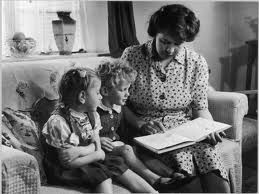Writers toss around all sorts of mysterious buzz words. I remember staying awake at night trying to figure out what a story arc is, and whether or not my novel had one. The latest buzz word I’ve seen is the “story question.”
Writing Tip for Today: Just what is the “story question” and how do you use it?
- A Rose is a Rose. Writers and craft teachers use different phrases to get at the same issue: what’s my story and do I have enough conflict and tension to sustain a reader? From Story Arc (where you can draw a diagram of the inciting incident, rising action, climax and resolution) to Story Promise (by the end of the story you promise the reader will know what happens to Character X) to Story Question (Will Character X overcome these obstacles in order to win the goal?), all these terms ask the same basic stuff in different ways.
- Don’t Play the French Horn. Creating arcs, promises or questions forces a writer to consider the character’s immediate and long-range goals, the obstacles to attaining them and allowing the character to work through these obstacles. I heard about a writer who said she wanted to write a story about a boy who wanted to play the french horn in the school band. So he did. This story is incomplete in arc, promise and question, due to lack of obstacles (conflict, tension). If the boy meets a bully who dents his horn or if Mom can’t afford a french horn, we create a story question: Will he or won’t he get to play the french horn in the school band?
- Just Write It! When you are drafting, don’t try to stop and think in terms of these analytical terms. You’ll short circuit your brain. Some writers are such perfectionists that they can’t show their work until it’s, well, perfect. Be courageous enough to allow your crit partners, agent or editor to point out weaknesses in your story. By considering these things as you revise, you’re more likely to create a story question that readers can’t resist.






I’ve not heard it put that way before. It makes sense – it’s the question the story has to answer. I’m getting better at not editing and rewriting as I go. It makes the draft go faster!